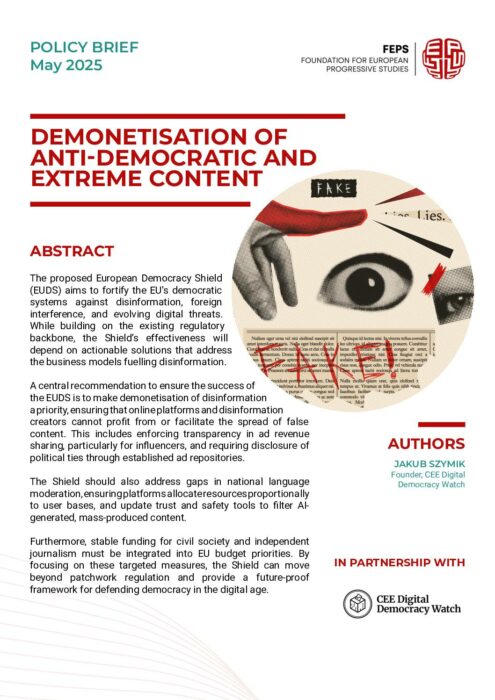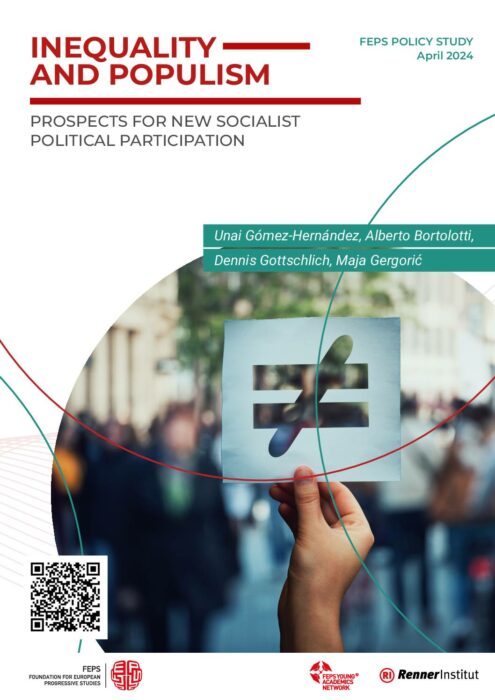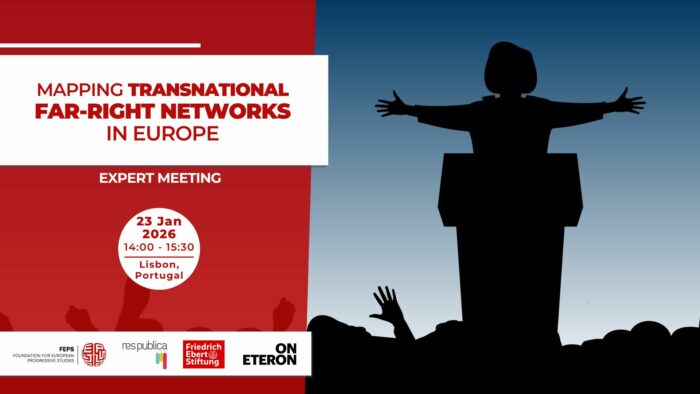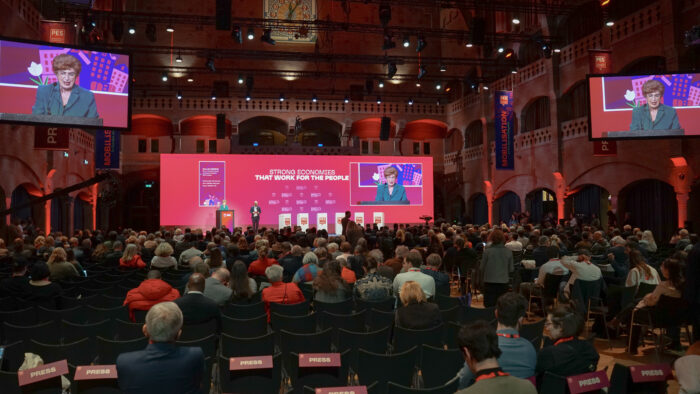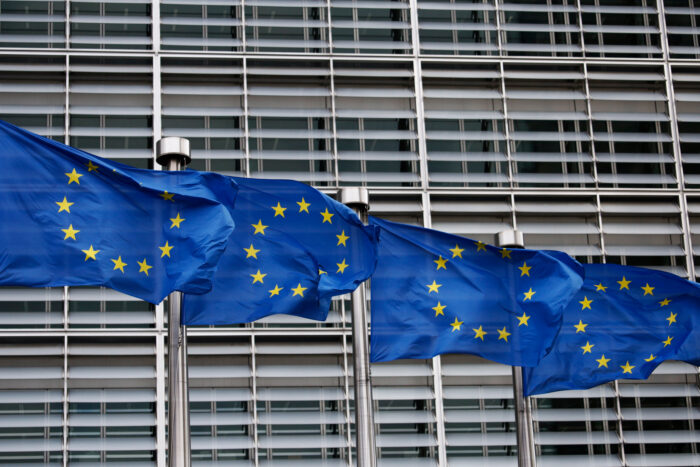Find all related publications
Publications
Find all related Progressive Post
Progressive Post
Find all related events
Events
Past
23/01/2026
Lisbon, Portugal (Expert meeting)
10/12/2025
EP, Brussels (Expert meeting)
13 - 15/11/2025
Vienna, Austria (Training)
Load more...
Find all related Audiovisual
Audiovisual
26/02/2026
26/02/2026
18/07/2025
17/12/2024
Find all related news
News
Find all related in the media
In the media
“Back to the Future: The Great Reset”
Opinion article by FEPS Vice-President, Lina Gálvez reflecting on the current global crisis marked by rising authoritarianism, digital power and extreme inequality, and tracing its roots through a historical analysis of capitalism — from the post-1945 social and geopolitical settlement led by social democratic forces, through neoliberal financialisation, to what she describes as a new phase of fascist capitalism.
Liberal democracy’s social, societal fabric under threat – Live from the EPC Annual Conference 2025
by EPC 08/12/2025
Líderes progresistas internacionales se reunieron en Buenos Aires para ponerle un freno al avance de la extrema derecha
by Mi Valle 23/09/2025
En Europe, les partis sociaux-démocrates se sont contentés d’une approche technocratique
by Le Point 04/07/2025

